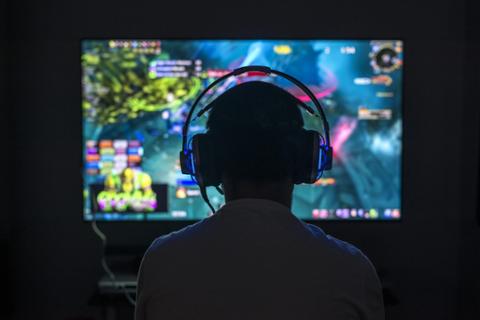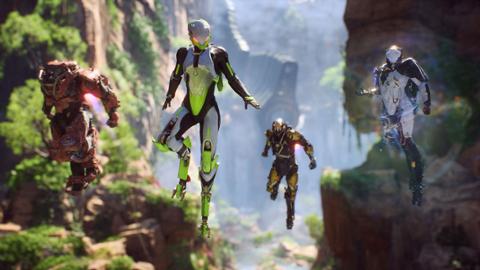It’s bad when a company launches a product that fails. But a product that succeeds beyond its creators’ wildest dreams can create problems, too. Just ask Epic Games, the creators of the blockbuster “Fortnite” video game—and its employees, who are reportedly been subjected to massive crunch time.
For those who’ve spent the past year under a rock (or at least far away from any 13-year-old with an iPhone), “Fortnite” is a multi-platform game in which 100 players are dropped onto an island, where they shoot and whack at each other with various guns and implements until one player is left standing. It’s a prime example of the “Battle Royale” genre, which also features popular games such as “PlayerUnknown’s Battlegrounds (PUBG)” and the new “Apex Legends.”
According to Polygon, which interviewed a dozen (anonymous) employees at Epic, the unexpected success of “Fortnite” forced a sizable portion of the workforce to work 70+ hours per week.
“There’s probably at least 50 or even 100 other people at Epic working those hours. I know people who pull 100-hour weeks. The company gives us unlimited time off, but it’s almost impossible to take the time. If I take time off, the workload falls on other people, and no one wants to be that guy,” one of these employees told the publication.
Competitive pressures, including other game studios launching “Fortnite” clones, has reportedly forced Epic into a constant cycle of patches and updates, further wearing out its workforce. “If something breaks—a weapon, say—then we can’t just turn it off and fix it with the next patch. It has to be fixed immediately, and all the while, we’re still working on next week’s patch. It’s brutal,” an employee reported.
For its part, Epic insisted to Polygon that it’s taking steps to reduce long hours and crunch time, and that the average contractor overtime is less than five hours per week. That’s contradicted by some internal sources, though.
Crunch time remains a huge issue within the game-development community, and the tech pros who actually build the games. Just last month, Kotakuhighlighted how employees at BioWare underwent their own kind of workplace hell to push out “Anthem,” a massive open-world game that ran into huge issues on its way to release.
“I actually cannot count the amount of ‘stress casualties’ we had on ‘Mass Effect: Andromeda’ or ‘Anthem’ [both BioWare games],” a former (anonymous) developer told Kotaku writer Jason Schreier via email. “A ‘stress casualty’ at BioWare means someone had such a mental breakdown from the stress they’re just gone for one to three months. Some come back, some don’t.”
And going back even further, Rockstar Games co-founder Dan Houser attracted some controversy late last year when he said that “100-hour weeks” were required to produce the huge (and hugely successful) game “Red Dead Redemption 2.” Houser later clarified those comments, saying the additional effort was a “choice” on the part of employees.
The fundamental issue, of course, is that games are creative endeavors with (in many cases) a hard deadline. That means you have developers, producers, and various creative types wrestling over subjective decisions with regard to characters, gameplay, and environments—even as a holiday or summer release date looms. Throw in the need to earn back enormous budgets, and you can see how various pressures contribute to tech pros working absolutely insane hours to get a game out the door.
Over the past few years, game studios have claimed they’re aware of the impact of “crunch time” on developers’ well-being, and taken steps to end the practice; but for every company press release claiming that things have become more reasonable and humane, there’s a horror story about a developer “death march,” especially with massive “AAA” games.
For developers, the standard advice is to talk to your manager about creating a reasonable schedule. But if you fear termination for even bringing the subject up, what can you actually do?



